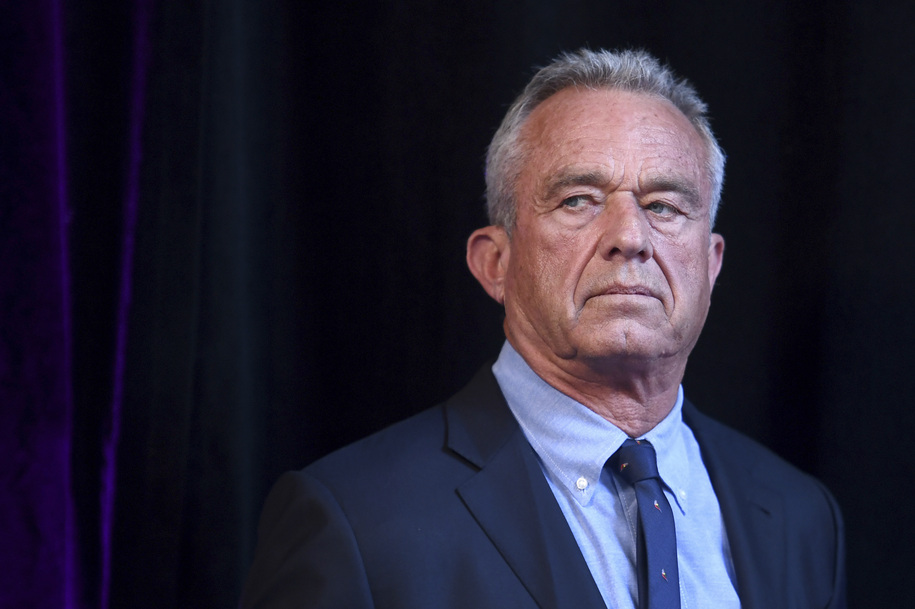The article by Stephanie Armour discusses a significant leadership conflict at the CDC, driven by Health and Human Services Secretary Robert F. Kennedy Jr.’s attempts to remove CDC director Susan Monarez. Kennedy’s goals include promoting an anti-vaccine agenda, specifically targeting messenger RNA-based COVID-19 vaccines and restricting pediatric immunizations, which could have dire public health consequences. His actions have already led to reduced federal support for states, increasing the risk of infectious disease outbreaks.
Public health leaders are alarmed by Kennedy’s plans to reshape the CDC’s focus and its scientific integrity. Many fear that the agency will begin disseminating unscientific health information under Kennedy’s influence. Four top CDC officials resigned in protest of Kennedy’s directive to oust Monarez, who had resisted implementing anti-scientific policies. Former CDC directors have condemned Kennedy’s actions, warning that they jeopardize public health.
Kennedy’s appointment of a new vaccine advisory committee, filled with anti-vaccine advocates, raises concerns about potential recommendations that could further undermine vaccine programs. Critics argue this could result in the removal of essential vaccines from the market and leave states unprepared to handle public health crises.
As the conflict unfolds, public health advocates call for congressional oversight and intervention to protect scientific integrity and public health, as Kennedy’s leadership represents a profound shift away from evidence-based health initiatives.



